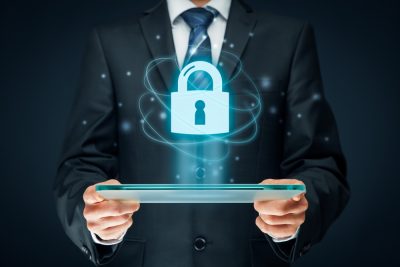Why cybersecurity matters
By Davis Merrey

When talking about cybersecurity issues, many people jump straight to thinking about hackers and ransomware. But studies have shown that anywhere from 50% to 95% of security incidents are due to human error. That’s a pretty staggering number!
So what does that mean? It means every business, large or small, is potentially at risk.
For most businesses, it’s not a question of if something will go wrong, but rather a question of when something will go wrong. Cybersecurity exists to prevent and protect your information whenever something eventually does go wrong.
Sending documents to a home computer or an unintended recipient, saving documents on file sharing sites and USBs, and opening harmful links are some common errors that lead to security breakdowns. A security breach can also be caused by a misplaced electronic device, like accidentally leaving a laptop in a coffee shop or a smart phone on a plane.
The need for cybersecurity increases dramatically for companies that handle and store sensitive data, whether personal data for customers or intellectual property of the company. The more sensitive the data, the more risk that occurs when security is neglected.
A few companies that have had sensitive information breached by outsiders include Orbitz, eBay, Yahoo!, Equifax, and the Australian Immigration Department, which had its information accidentally published by the department itself.
Effective cybersecurity practices include both appropriate technology systems for data protection and consistent employee training and practices to protect data. Considering again that people are the most common factor in security incidents, it is paramount that the people handling the data are trained and retrained in proper protocols for accessing customer and company data.
Here are a few things companies can do to increase their cybersecurity protection:
- Have a consistent backup process to prevent data loss.
- Use secure and unique passwords that are changed regularly.
- Require regular training for employees and have proper policies in place.
- Implement security features, such as antivirus software, firewalls, and malware detection.
Just like a building has a lock on the front door and video monitoring systems, your electronic data also needs some safeguards. Something or someone will fail at a certain point. When that moment comes, your business should have security protocols in place to prevent or reverse the situation.
